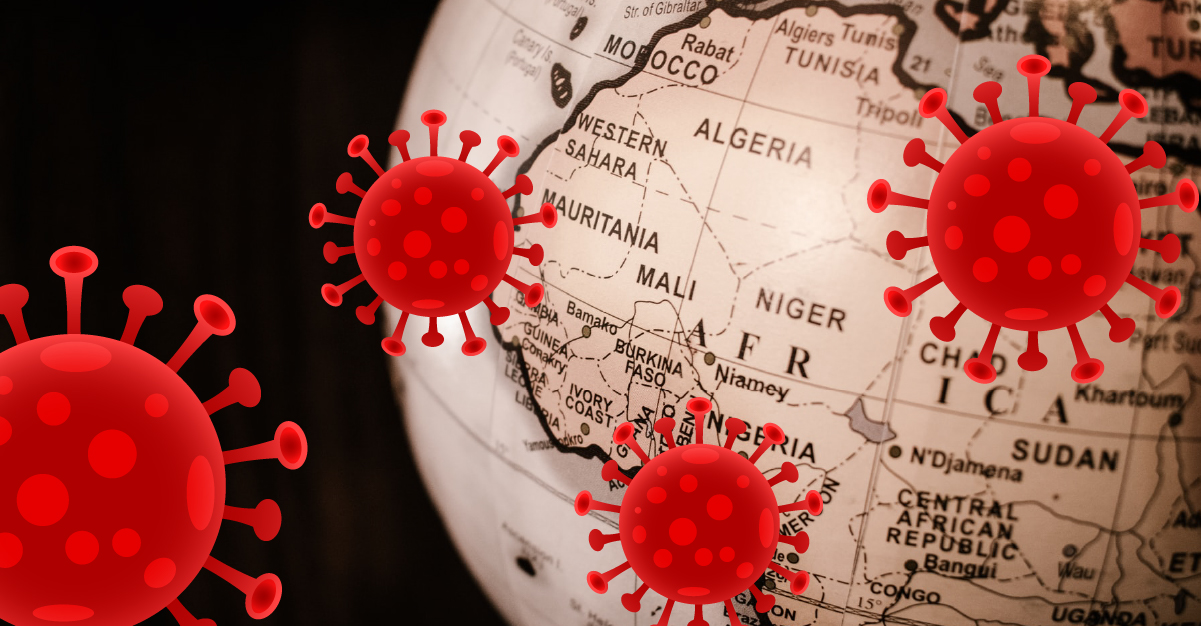
African countries are experiencing the longest-running decline in COVID-19 cases
In a statement released on April 14, 2022. The World Health Organization (WHO) confirmed a long-running decline in coronavirus cases on the African continent. When the number of new COVID-19 cases in many countries globally is up, much of Africa has experienced declines for weeks.
Africa has limited cases compared to other continents, with 1.3 billion people across 54 countries. And infections because of the Omicron-driven fourth wave have reduced from 308,000 weekly peaked infectious cases at the start of the year to less than 20,000 in a week ending on April 10, 2022.
African countries and COVID-19 cases
The continent is the only one where COVID-19 cases and deaths have dropped consistently since early January 2022. With the lengthiest decline being 16 weeks.
The continent’s previous decline in COVID-19 infections was between August 1 and October 10, 2021. Currently, no country is witnessing a COVID-19 resurgence.
According to the WHO, a country is in a resurgence when there is a 20% increase in cases in at least two consecutive weeks, and the development is at least 30% higher than the highest weekly infection peak.
There are a few good reasons Africa is seeing the longest-running declines in COVID-19 cases. The continent has a long history of battling infectious diseases and has seen many successes, including in the fight against Ebola. This history of working with pandemics gives us the experience of facing new threats, like COVID-19 variants. Dr. Matshidiso Moeti, World Health Organization Regional Director for Africa, said despite the decreasing number of infections in Africa, African countries should be vigilant and keep up with enhanced genomic surveillance to detect circulating Covid-19 variants. There should also be an increase in Covid-19 testing, and scale-up vaccination, as the virus is still present.
There is a high risk of new infections in the southern hemisphere when the cold season comes from June to August. Prior pandemic waves in Africa have frequently coincided with lower temperatures when most people are indoors and poorly ventilated.
Related: Canada Will Resume COVID-19 Testing At Airports Next Week
New Variants
New variants may also affect the evolution of the pandemic. The Omicron sub-lineages detected in Botswana/South Africa will determine whether these variants are more infectious. A WHO report confirms the strain of BA.4 and BA.5 in Belgium, Denmark, Germany, and the United Kingdom.
There is no significant difference in the epidemiology of the new sub-lineages that emerge. Compared to the sub-lineages of the Omicron variant, including BA.1, BA.2, and BA.3.
Related: Nigerian government lifts curfew on large gatherings
What does the long-running decline of Covid-19 cases mean for individuals and businesses regarding preventive healthcare?
The decrease in new cases is encouraging news. Several African countries are easing key control measures, such as quarantines. And public health measures, such as mask-wearing and mass gatherings, even though there is no sign that the pandemic will end soon. There’s still a lot to be learned about how the vaccine will affect case numbers and other metrics, including death rates and hospitalizations. The public (Individuals and businesses) must continue to follow these continuous preventive measures:
- Get yourself and your employees vaccinated.
- Encourage face mask-wearing if anyone develops flu-like symptoms.
- Practice physical distancing (Maintain a distance of at least 6 feet away from others).
- Wash your hands often or use a hand sanitizer when soap and water are not readily available.
- Enforce the rules for employees to stay home if they have symptoms (even minor ones like headache or mild cough) or test positive for COVID-19.
- Avoid nonessential travel by public transportation, rideshare vehicles, taxis, and shared-ride vans.
